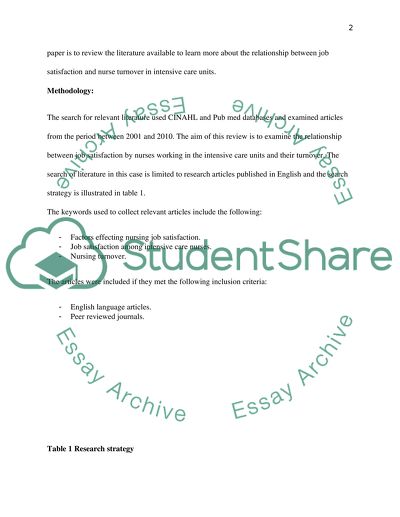Cite this document
(“Relationship between Job Satisfaction and Nurse's Turnover in Essay”, n.d.)
Retrieved from https://studentshare.org/family-consumer-science/1410593-relationship-between-job-satisfaction-and
Retrieved from https://studentshare.org/family-consumer-science/1410593-relationship-between-job-satisfaction-and
(Relationship Between Job Satisfaction and Nurse'S Turnover in Essay)
https://studentshare.org/family-consumer-science/1410593-relationship-between-job-satisfaction-and.
https://studentshare.org/family-consumer-science/1410593-relationship-between-job-satisfaction-and.
“Relationship Between Job Satisfaction and Nurse'S Turnover in Essay”, n.d. https://studentshare.org/family-consumer-science/1410593-relationship-between-job-satisfaction-and.


